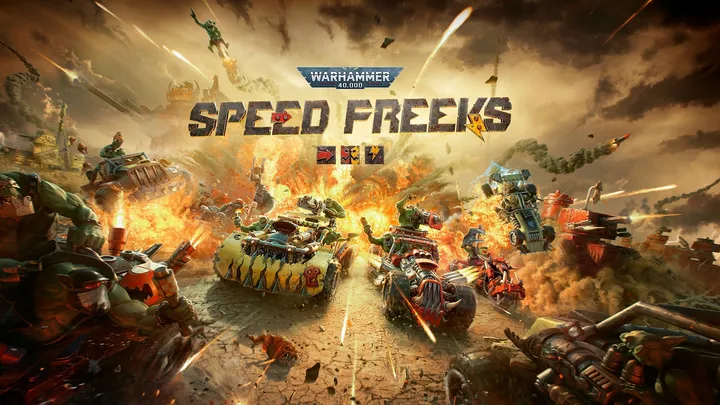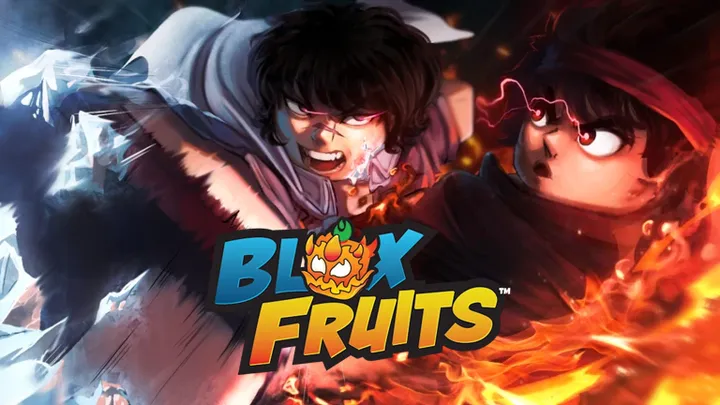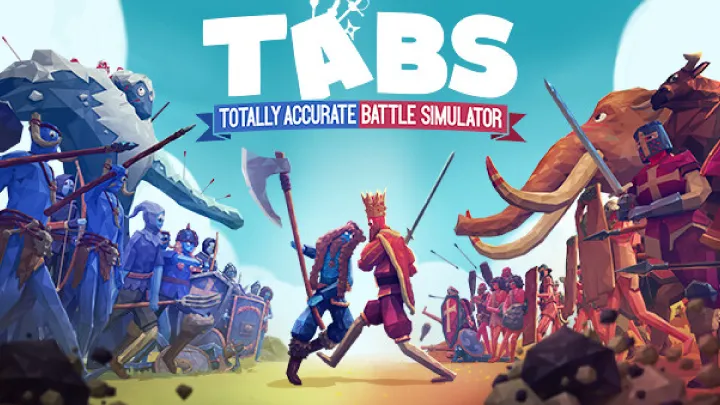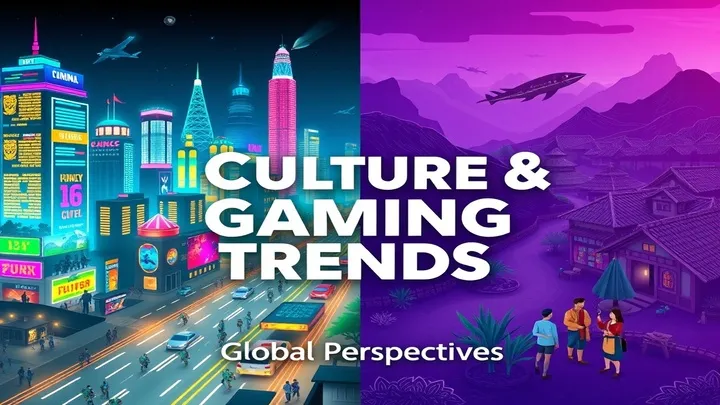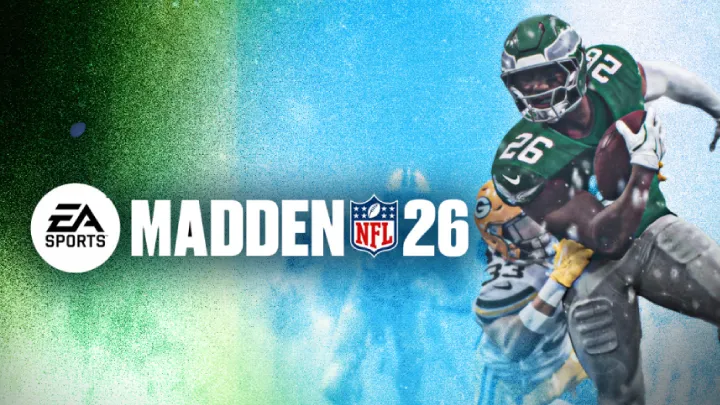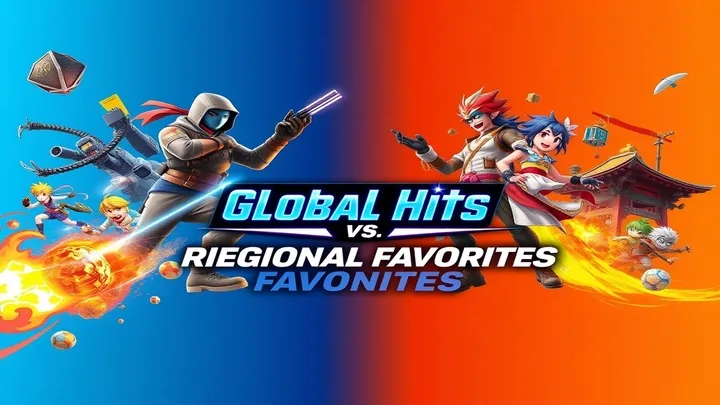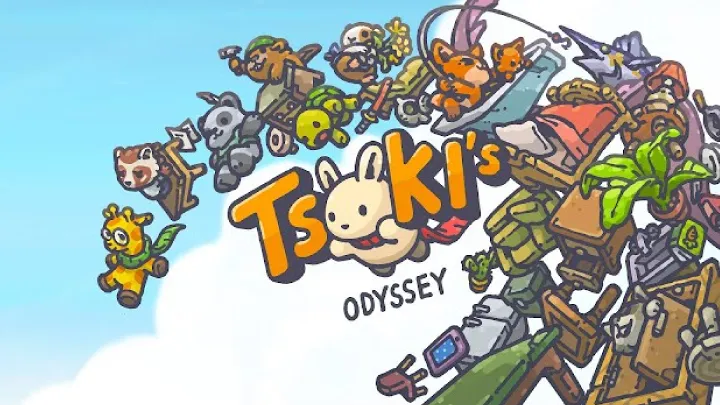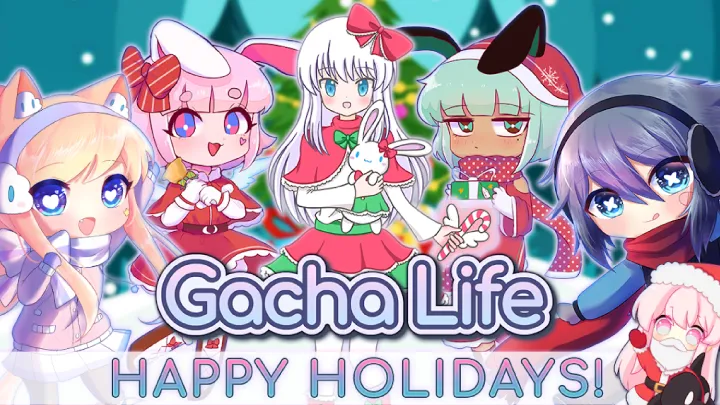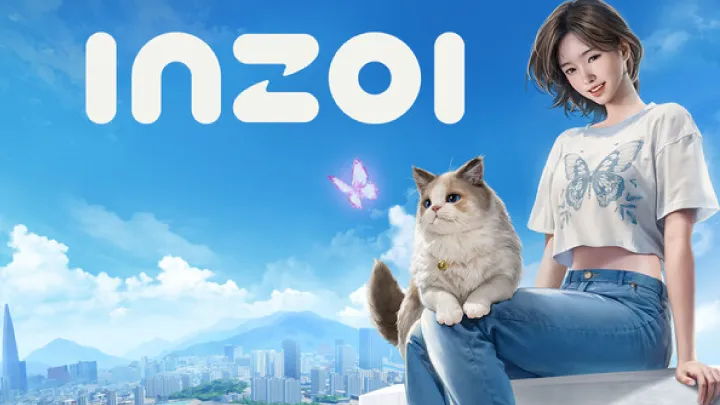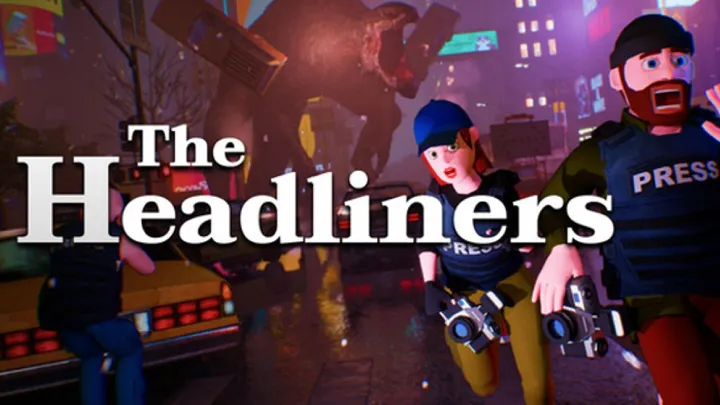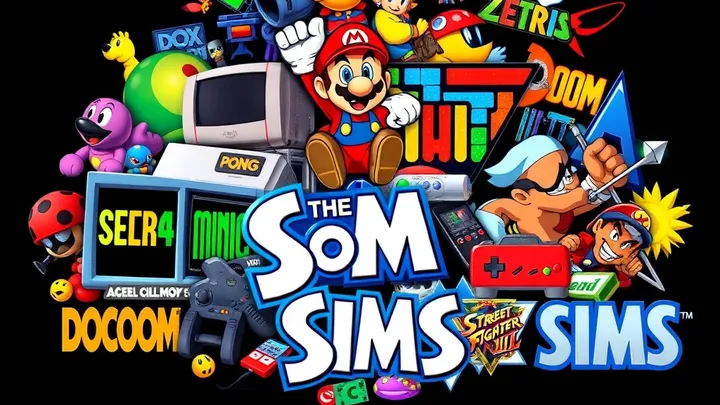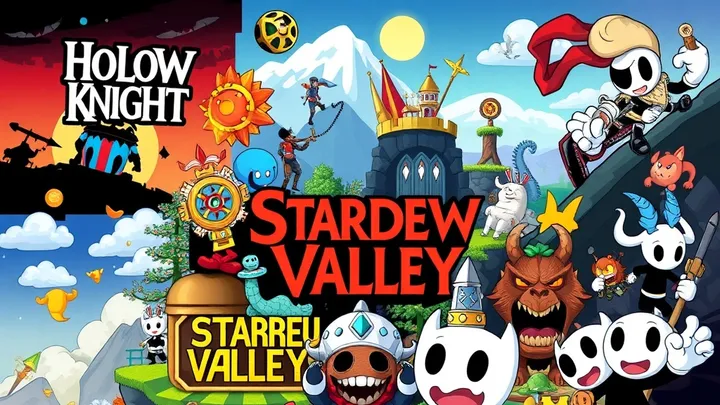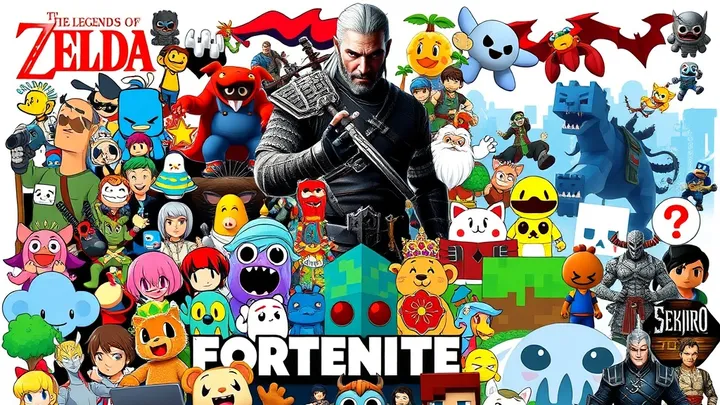The Legend of Zelda: Breath of the Wild – The Complexity of Player Freedom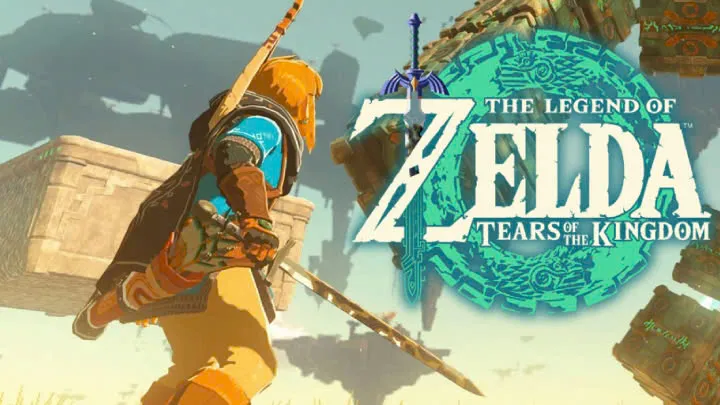
Since its release in 2017, The Legend of Zelda: Breath of the Wild has captivated players with its expansive open world and the freedom it offers. Unlike previous entries in the franchise, this game allows players to explore Hyrule in a non-linear fashion, creating a unique experience that emphasizes player choice. However, this very freedom has sparked debates about player agency and the potential for overwhelming choice. This article delves into the complexities of player freedom in Breath of the Wild, examining both its advantages and its drawbacks, along with how it redefines the expectations of the Zelda series.
The Shift to Open World
The Evolution of Zelda
The Zelda franchise has undergone significant changes since its inception in 1986. Earlier titles, such as The Legend of Zelda: Ocarina of Time, presented players with a structured narrative and a clear progression path. Players were guided through a series of dungeons and quests, each building upon the last. The introduction of open-world mechanics in Breath of the Wild marked a pivotal shift in this approach.
Freedom vs. Structure
In Breath of the Wild, players are thrust into a vast world with minimal guidance. From the outset, they are encouraged to explore Hyrule at their own pace. This freedom can be exhilarating, allowing players to discover secrets, tackle challenges, and engage with the environment in unprecedented ways. However, this shift also leads to a sense of disorientation, particularly for players accustomed to more structured gameplay.
The Paradox of Choice
The Overwhelming Options
While player freedom is a hallmark of Breath of the Wild, it also presents a paradox. The vast array of choices can lead to analysis paralysis. Players may find themselves overwhelmed by the sheer number of objectives, side quests, and exploration opportunities, creating a sense of uncertainty about how to proceed.
Navigating Hyrule’s Landscape
Hyrule's diverse environments—from lush forests to arid deserts—further complicate decision-making. Each area offers its own unique challenges and rewards, enticing players to stray from their primary objectives. This can lead to a fragmented gameplay experience, where players may lose sight of their original goals and become sidetracked by the myriad of activities available.
The Role of Exploration
Rewarding Curiosity
One of the core tenets of Breath of the Wild is the reward for exploration. Players are incentivized to investigate every nook and cranny of Hyrule, often uncovering hidden shrines, treasures, and lore. This design philosophy not only enriches the gameplay experience but also fosters a sense of accomplishment.
Consequences of Exploration
However, the emphasis on exploration can also have negative consequences. Players who prioritize exploration over the main quest may find themselves ill-prepared for more challenging encounters. This imbalance can create frustration, as players may feel compelled to explore but lack the necessary skills or equipment to tackle the game’s tougher challenges.
The Mechanics of Freedom
Non-linear Gameplay
The design of Breath of the Wild allows players to approach challenges in various ways. The game’s mechanics foster creativity, enabling players to devise unique solutions to puzzles and combat situations. For instance, players can use environmental elements, such as fire and water, to their advantage in combat scenarios.
Player Agency in Combat
The combat system further exemplifies player freedom. Players can choose to confront enemies head-on, employ stealth tactics, or even circumvent battles altogether. This flexibility enhances the experience, allowing players to engage with the game in ways that suit their personal playstyle. However, it can also lead to inconsistencies in difficulty, as some players may bypass critical combat encounters altogether.
The Impact of Narrative
Storytelling in an Open World
Breath of the Wild presents a more subdued narrative compared to previous Zelda titles. The story unfolds through environmental storytelling, scattered memories, and NPC interactions. This approach allows players to piece together the lore of Hyrule at their own pace, further enhancing the sense of freedom.
Narrative Fragmentation
While this method of storytelling enriches the exploration experience, it can also lead to narrative fragmentation. Players who focus solely on exploration may miss key story elements, resulting in a disjointed understanding of the game’s plot. This can create frustration for players who desire a cohesive narrative experience, as essential story beats may feel lost amidst the myriad distractions of open-world gameplay.
Player Expectations and Experience
Redefining Expectations
Breath of the Wild has redefined player expectations for the Zelda series. The game has set a new benchmark for open-world design, showcasing the potential for player freedom and exploration in a franchise once known for its linear storytelling. This shift has both excited and alienated fans, leading to discussions about what constitutes a Zelda experience.
Striking a Balance
For many players, the challenge lies in striking a balance between exploration and narrative engagement. While the freedom to explore is exhilarating, the desire for a coherent story remains strong. Players must navigate this tension, determining how to prioritize their experiences in a game that offers so much.
The Community’s Response
Diverse Player Experiences
The community’s response to Breath of the Wild has been largely positive, with many praising the game’s innovative approach to open-world design. However, discussions about player freedom reveal a spectrum of opinions. Some players relish the opportunities for creativity and exploration, while others express frustration with the lack of direction.
Creating Shared Narratives
Online forums and social media platforms have become spaces for players to share their unique experiences, strategies, and discoveries. This collective storytelling fosters a sense of community, as players bond over their individual journeys through Hyrule. Yet, it also highlights the varying ways in which players engage with the game, leading to further discourse on the nature of player freedom.
Learning from Player Feedback
Iterating on Success
The success of Breath of the Wild has led to discussions about how future titles in the Zelda franchise might evolve. Developer responses to player feedback will be crucial in shaping the direction of upcoming games. Balancing player freedom with narrative coherence will likely be a key focus for designers moving forward.
Incorporating Structure
Many players have voiced a desire for a more structured experience alongside the freedom. Future titles may seek to incorporate more guided elements, ensuring that players can enjoy exploration without losing sight of the overarching narrative.
The Future of Zelda
Anticipating New Adventures
As the Zelda franchise moves forward, the lessons learned from Breath of the Wild will undoubtedly influence the design of future games. The challenge will be to maintain the innovative spirit of exploration while addressing player desires for structure and narrative coherence.
Balancing Innovation and Tradition
The balance between innovation and tradition will be crucial in shaping the next generation of Zelda experiences. Developers must consider how to evolve the franchise while staying true to the core themes that have defined Zelda for decades.
Conclusion
In conclusion, The Legend of Zelda: Breath of the Wild represents a landmark achievement in video game design, particularly in terms of player freedom. While the game offers an unprecedented level of exploration and creativity, it also presents challenges related to narrative engagement and player guidance. Understanding these complexities is essential for both players and developers as the franchise moves forward. Ultimately, the exploration of Hyrule becomes a metaphor for the broader journey of gaming itself—one that continually evolves, challenges expectations, and invites players to forge their own paths.



